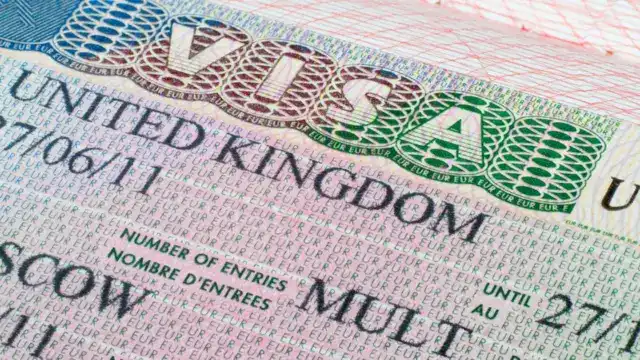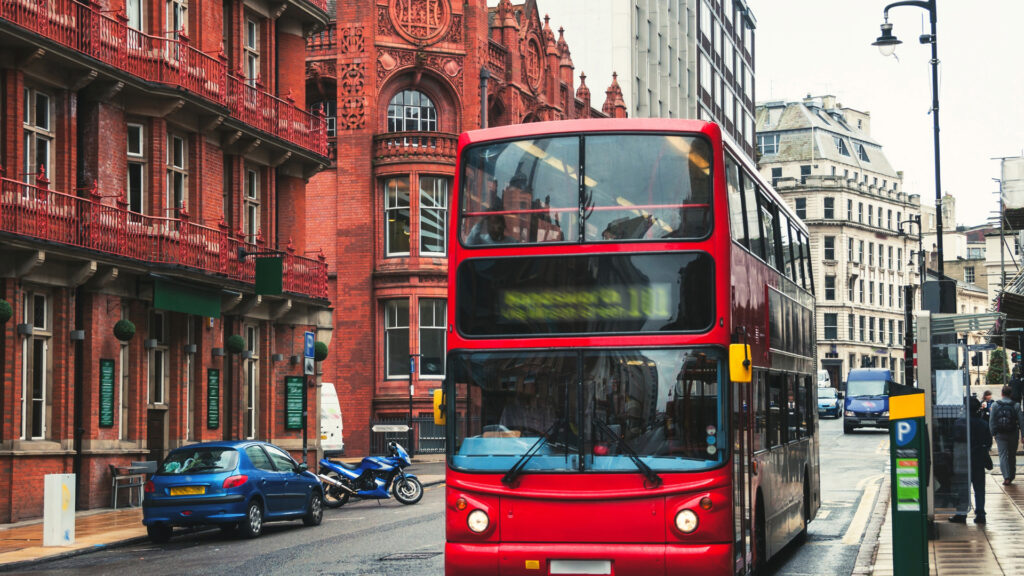
United Kingdom ETA
Planning to move or travel to the United Kingdom? Ensure the whole process is a smooth and hassle-free experience!
Us and our partners will be by your side on every step. Get personalised support tailored to your unique circumstances, offering advice and assistance throughout the entire process, from visa applications to settling in.
Trust us to make your transition smooth and straightforward.
Multiple entries: yes
Maximum visit: 6 months
Processing time: 72 hours
Requirements: passport
Eligible countries:
|
|
Starting April 2, 2025, European citizens will require an ETA to enter the UK. The applications will open on March 5.
|
|
Multiple entries: yes
Maximum visit: 6 months
How to apply for United Kingdom ETA
Apply online
Complete a simplified 100% online application
Confirm visa fee
Review information and submit documents
E-mail delivery
Receive your approved visa in less than 72 hours!
100% On-line
Almost all requests are handled fully online. All you need without ever leaving your house!
Certified agent
We collaborate with local certified migration agents. We make sure everything is 100% correct and legal.
72h processing
The fastest processing you can get! Over 95 % of our visas are approved in less than 72 hours!
Years of experience
When it comes to visa, experience is priceless. And our company has over 7 years of experience.
United Kingdom visa types
The most common visas and processes we help our clients with:
- ETA: simple travel authorisation for selected countries
- Visitor visa: main tourst visa for all travellers to the United Kingdom

